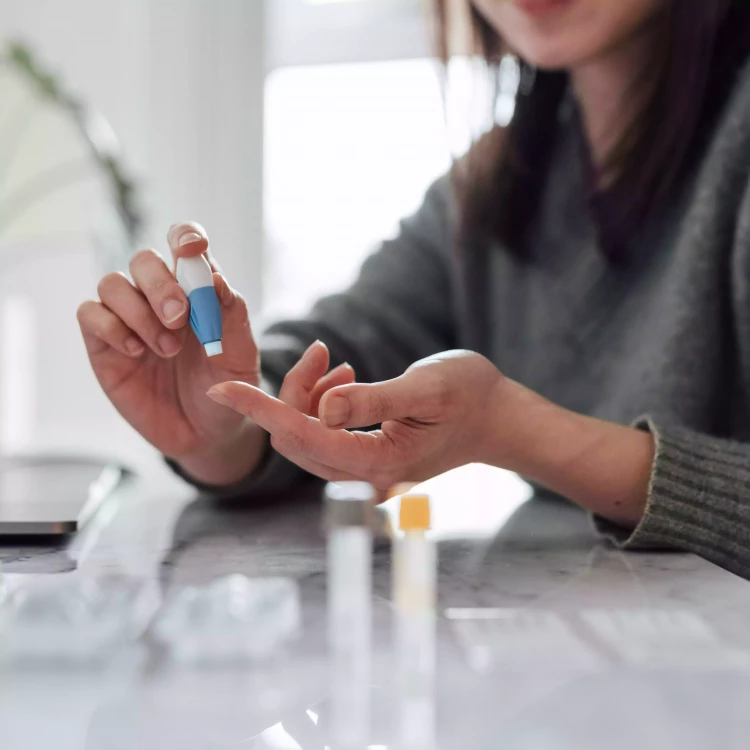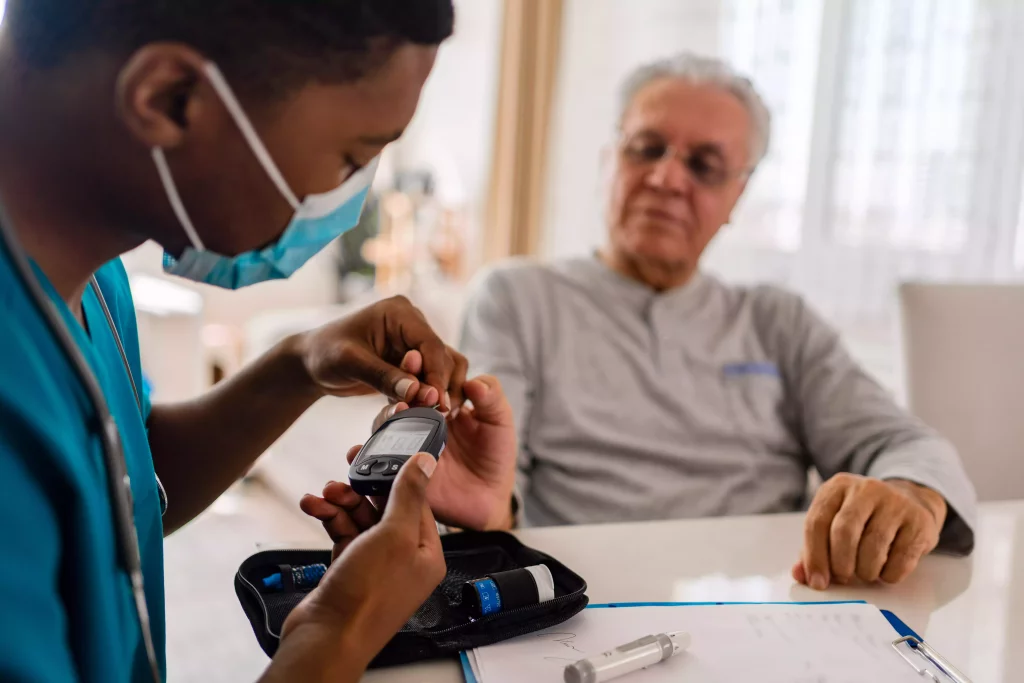The International Diabetes Federation (IDF) states that diabetes has become “a pandemic of unprecedented magnitude spiralling out of control and one of the fastest growing health emergencies of the 21st century.”
Action
Global diabetes leader, Merck, challenged us to come up with a creative, international and multi-channel consumer campaign, centred around World Diabetes Day. The aim of the campaign was to encourage people to test for prediabetes and better understand the risk factors leading to type 2 diabetes. The message to be delivered was clear: earlier detection = earlier intervention = better outcomes. The campaign also had to be adaptable for 20 markets across the world, strengthening Merck as a global leader in this space.
Utilising a hub-and-spoke model, we designed and launched ‘Home Truths’ – a campaign encouraging people to be honest about the time they spent at home during the COVID-19 pandemic. Via YouGov, we asked 8,000 people from around the world how their lives had changed over the course of the pandemic and how this impacted their risk factors for diabetes. The results were highly polarised – some nations had improved their risk of prediabetes (and thereby diabetes) during the pandemic, while others had worsened their risk. One key outcome revealed was that only 21% of people knew where to learn more about diabetes or access care. As such, we developed a suite of materials to drive uptake of Merck’s online prediabetes test and media guides to facilitate market activation of the campaign. The materials included guidance for engaging influencers, visual infographics summarising the survey results, a template press release, and a Merck photo competition to visualise lifestyle changes made during the pandemic.
Impact
Our global campaign delivered more than 294 million impressions worldwide and generated 700-plus pieces of coverage. As part of the launch, 15 influencers were also engaged to spread the campaign messaging using our materials. In LATAM, a Guinness World Record was broken for the most prediabetes tests completed – 47,000. This activity led to the identification of over 18,000 people with high or moderate risk of developing prediabetes or diabetes, who were referred to a healthcare professional.









